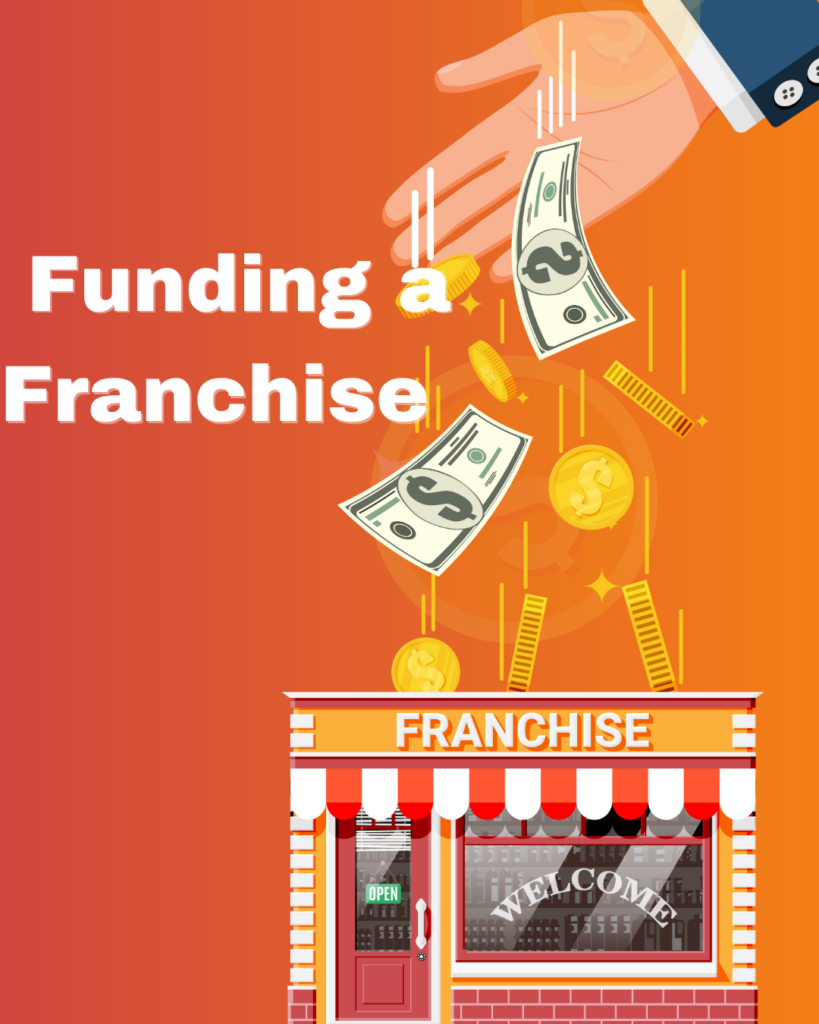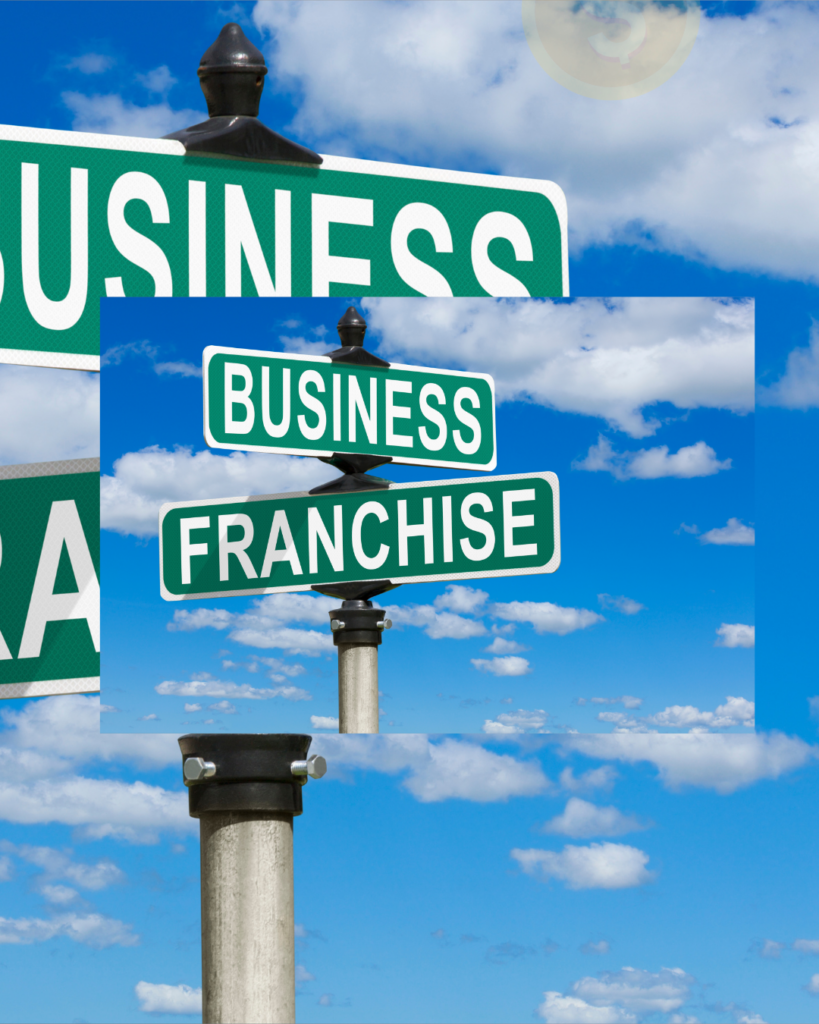Funding a Franchise : 9 Step-By-Step Ways To Do Better

Introduction
Funding a franchise , what is your purpose for your business? What is you intention for your business?, started as a franchise financing agency for those interested in owning thier own business under a recognizable banner. If the idea of entrepreneurship appeals to you but you’d like to have the structure and backing of a known brand, Funding a Franchise might be your perfect fit. This guide will dissect real, proactive opportunities for funding that can help you raise money, navigate common challenges and move towards the path of franchise ownership.
Funding a Franchise – The Fundamentals

Before we’ll look at the plethora of Funding a Franchise methods, let’s find out what you’re actually going to need. The transfer typically includes a franchise fee, equipment, inventory, marketing, location build-out and working capital. All franchisors must provide a Franchise Disclosure Document (FDD) laying out all expected expenses. Reflection Start your planning by making a comprehensive study of these papers, because a successful Funding a Franchise is contingent on a down-to-earth, knowledgeable budget.
Step 1: Assess your financial position
Step 1: Take a good look at your financial picture The first step to Funding a Franchise is giving yourself an honest assessment of where you stand from a financial perspective. Lenders and franchises alike look for a strong credit score, steady stream of income and reasonable existing debts. Gather your personal and business financial statements; know what is on your credit report and answer questions about your financial history. Financing a Franchise Financing a Franchise is a lot easier when you have a solid financial profile.
Step 2: Determine the Total Investment Required
Your are here: Your are here: Main Funding a Franchise Estimating Your Start Up Costs Properly estimating your start up costs is one of the critical keys in Funding a Franchise. Over and above the franchise fee, factor in start-up costs for construction – site improvements, equipment, signage, inventory and first months’ payroll. You also need to make allowance for a cash buffer, many a loan for Funding a Franchise will mean having to hold a few months working capital to see you through until your business can stand on its own two feet.
Step 3: Raid personal savings and retirement accounts
The most popular path for Funding a Franchise is from your own pockets. A lot of franchisees rely on savings, investments, or their retirement account (through a Rollover for Business Startups or ROBS). For the entrepreneur, it means less debt on oneself, but remember to leave yourself a cushion if unforeseen challenges should arise post-Funding a Franchise.
Step 4: Look into bank and SBA loans
Bank Loans and SBA Loans Two Ways of Funding a Franchise Bank loans and Small Business Administration (SBA) loans are among the most popular ways to finance a franchise. Since loans from the SBA, including the 7(a) are lower cost loans and offers longer repayment periods, it can bring costs down on Funding a Franchise. Write a detailed business plan with all of the necessary documentation to increase your chances for approval.
Step 5: Look for Franchisor Financing Programs
Many franchise systems now have proprietary or CFE (or other commercial bank or guarantor) financing programs where they help with Funding a Franchise. Such options may include extended payment terms, special loan plans or the renting of equipment. Franchisors tend to be more nimble and can execute more swiftly because they’re invested in making sure good franchisees succeed. But while Funding a Franchise with pawn stores or hard money lenders is convenient, be sure to compare their offers with those of banks or other lenders and you might find a better deal.
Step 6: Research Online Lenders and Other Financing Options
If you don’t qualify for a bank or SBA loan, funding for a franchise comes in the form of both in-house financing as well as third party financing with online lenders and other types of business financing are actually seeing a down turn. These lenders may make decisions more quickly and have more relaxed criteria, but at higher interest rates. lean on these for instant access but makes sure when Funding a Franchise, the terms make sense to your business plan and cash flow projections.
Step 7: Pursue Investors and Other Business Partners
Sure for some entrepreneurs, the best way to Fund a Franchise is bringing some investors or co-owners. This diversifies the risk and can help pay for greater upfront cost. Established ownership shares, voting rights, profit splits to prevent disputes post Funding a Franchise.
Step 8: Research Grants, as well as Local Incentive Programs
Granted, less frequent still, some local governments, EDCs or nonprofits provide grants, incentives, or low-interest loans to spur business development in their region. Investigate these opportunities as part of your Funding a Franchise plan, especially if your franchise will create jobs or help revive a neighborhood.
Step 9: Create a Solid Business Plan
A brief word about that business plan, though –And believe me, every real effort to fund a franchise project should have a business plan! This outline should detail your financial forecasts, market analysis, customer profile, and workflow plan. A good plan doesn’t only increase your odds of getting your Funding a Franchise loan but it also gives you a road map for check-in points along the way.
Apply for Financial Aid, and Compare Packages
Once your plan and documents are good to go, begin applying for loans or other financing alternatives. Don’t Take the First Offer – Funding a Franchise is a huge Commitment, so Shop Rates, Terms, Fees & Flexibility. Talk with others, ask questions and make sure you know what you’re getting into before Funding a Franchise from various funding sources.
Leveraging Event Planning Templates for Franchisees -Across the System
Besides investment, organization and efficiency are crucial to launching and expanding your franchise. Event Planning using templates to help you organize your Franchise Grand Opening, marketing initiatives, and special events adding that extra detail to your grand opening and while bringing your new business to the market.
FAQ On Franchise Financing
1. What is franchise financing?
Q1. How Much Money do I need to Fund a Franchise?
A: It depends on the brand, but most franchises will need somewhere between $50,000 and $500,000 in total startup costs.
Q2. Am I Able to use my retirement fund to Fund a Franchise?
A: Yes, with a Rollover for Business Startups (ROBS), but you need to weigh the legal and financial risks.
Q3. What if I have poor credit –can I still get Financing a Franchise?
A: You might be able to qualify with alternative lenders, co-signers or with a partner who has a stronger financial position.
Q4. How long does Funding a Franchise usually take?
A: SBA and bank loans can take weeks; online lenders and franchisor financing can be much faster.
Q5. Is there grant available for Franchise Funding?
A: There are a few local grants and industry-specific grants out there, but they are few and far between compared to loans.
Q6. Can I Get Finance to Buy a Franchise Without Security?
A: Some lenders and franchisors may offer unsecured loans, but loan terms and conditions may be more stringent.
Q7. If I borrow money from family and friends, or people in my network for Funding a Franchise?
A: It is an option, but be sure that all agreements are put in writing, so that there are no misunderstandings.
Q8. How critical is a business plan for Funding a Franchise?
A: Absolutely—lenders, franchise companies and investors will all be looking to see your business plan in concrete detail.
Q9. Am I able to help finance more than one franchise at a time?
A: If you have the financial wherewithal to undertake and the ability to do it, but will the lenders look at your ability to handle growth.
Q10. What Documents Will I Need for Funding a Franchise?
A: Be prepared to supply financial statements, tax returns, a business plan, the FDD and credit history.
Conclusion
Financing a Franchise takes some work research, planning and a willingness to consider all your options. When you take the time to get a clear picture of your finances, can explain each method of funding and have a strong business plan, you’ll boost the likelihood that your franchise loan application is approved and pave the way for franchise success. PT Don’t rush: Compare each offer and choose what suits you best. With accurate financing and intelligent preparation, you’ll be on your way to being a successful franchisee.